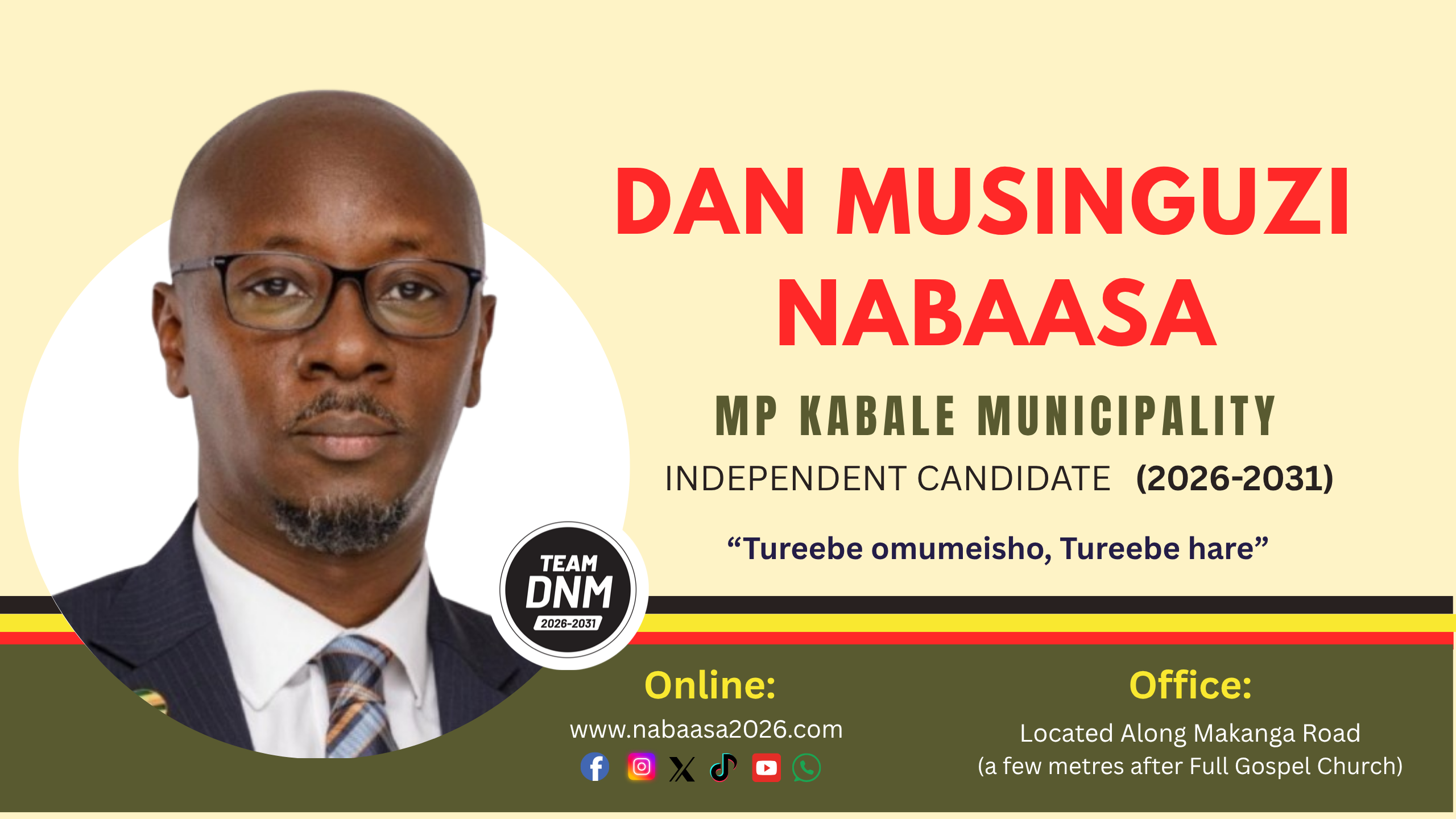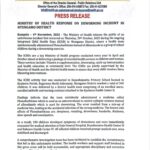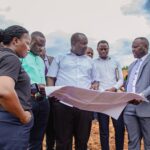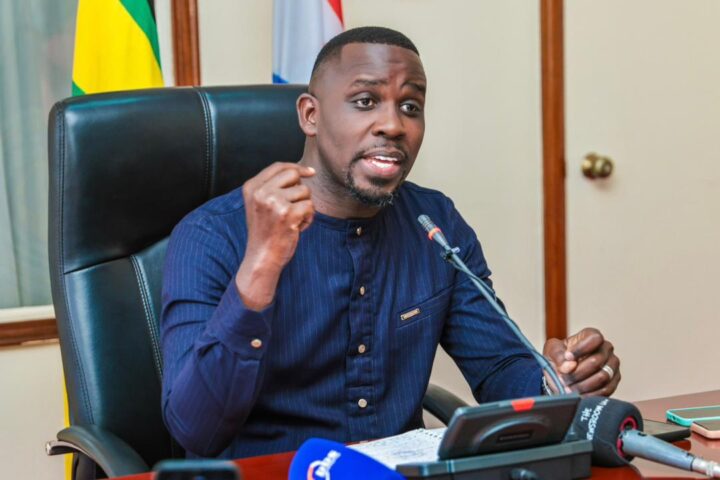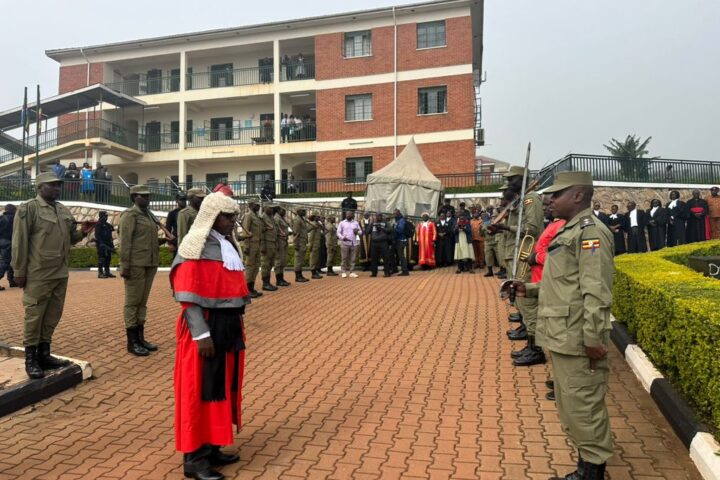
Summary:
- President Museveni highlighted Uganda’s success in promoting high-value crops such as coffee, fruits, dairy products, and fish farming, integrating agricultural production with industries like dairy processing, textiles, and furniture-making.
KAMPALA: President Yoweri Kaguta Museveni has urged African nations to fully leverage their agricultural potential as a pathway to economic transformation and self-reliance.
The President emphasized that agriculture is the key to unlocking Africa’s socio-economic development and reducing dependency on external markets.
He made these remarks on Saturday at the African Union Extraordinary Summit on the Comprehensive Africa Agriculture Development Programme (CAADP) at Munyonyo Commonwealth Resort and Convention Centre.
The summit, held under the theme “Building Resilient Agri-Food Systems in Africa,” gathered leaders to discuss sustainable agriculture and endorse Africa’s Agri-Food System 10-Year Strategy and Action Plan. Over 2,000 delegates, including development partners, heads of state, and agriculture experts from 43 AU member states, attended the three-day event, which began on January 9 and concluded today.
“With two harvests a year in many parts of the continent and abundant natural resources, Africa has the capacity to become an economic superpower. What we need is to shift from subsistence farming to modern, commercial agriculture,” President Museveni said.
He outlined several strategies for this transformation, including the commercialization of agriculture, adding value to raw materials, and integrating agriculture with other sectors like manufacturing and tourism.
The President criticized Africa’s historical dependence on exporting raw materials, calling it a missed opportunity for wealth creation and job generation.
“A kilogram of raw coffee earns us $2.50, but the same kilogram, roasted and packaged, fetches $40. By failing to add value to our products, we enrich others while our youth drown in the Mediterranean Sea seeking better opportunities,” he said.
President Museveni highlighted Uganda’s success in promoting high-value crops such as coffee, fruits, dairy products, and fish farming, integrating agricultural production with industries like dairy processing, textiles, and furniture-making.
“Africa must rationalize its agriculture. Smallholder farmers can adopt intensive farming with high-value crops, while larger landholders can focus on extensive farming. Both approaches ensure productivity and income security,” he explained.
He emphasized the importance of agricultural value chains, noting that integrating agriculture with other sectors would create jobs, boost exports, and strengthen local industries.
“How can we promote tourism if the food our tourists eat is imported? In Uganda, our hospitality industry is tightly linked to local agriculture, ensuring sustainability,” he pointed out.
The President further stressed the need for policies supporting agricultural modernization, including improved seeds, irrigation, pest control, soil mapping, and reducing land fragmentation. He also called for a broader embrace of scientific farming practices to maximize productivity and reduce poverty.
He challenged African nations to shift their mindset and recognize the continent’s potential.
“Africa has the resources and capacity to lead. What we need is the determination to transform our agriculture and build industries that create wealth and jobs for our people,” he said.
On the issue of sustainable water resource management and the elimination of Non-Tariff Barriers (NTBs) within the Continental Free Trade Area (CFTA), President Museveni pointed out Uganda’s natural abundance of water but lamented the challenge of educating citizens to protect vital water resources, such as wetlands, forests, catchment areas, riverbanks, and lake shores.
“Our problem is not the availability of water, but persuading our uninformed or misinformed citizens to stop undermining these resources,” he said.
The President contrasted Uganda’s position with the struggles of Northern and Southern Africa, which face periodic or chronic water shortages. He proposed innovative solutions, such as utilizing the vast water resources of the Congo River and investing in desalination technology.
“Why doesn’t Africa discuss with our brothers in Congo about utilizing the 3,000 billion cubic meters of water that flow into the Atlantic Ocean annually? Is the Atlantic Ocean thirsty for water?” he questioned.
He also highlighted the potential of desalination, pointing out that technological advancements in this field could transform water availability for coastal and water-stressed nations.
“If the cost of desalination goes down, Egypt and other coastal countries will become upstream nations, while those of us harboring the origin of the Nile will become downstream,” he explained.
On NTBs, President Museveni expressed frustration with erratic trade practices that harm African agriculture. He cited Uganda’s capacity to produce diverse agricultural products, yet noted the challenges posed by neighboring countries’ unpredictable trade policies.
“Why do some brother countries delicense Ugandan products during bumper crop seasons? Let them compete fairly. When they later face shortages, they turn to Uganda, but by then, our farmers have been bankrupted and have shifted to other crops like coffee,” he said.
The President of Ethiopia, H.E. Taye Atske Selassie, commended Uganda for its leadership and hospitality in hosting the African Union summit on transforming Africa’s agri-food systems.
“I am deeply grateful to the government and people of Uganda for the warm hospitality extended to us upon our arrival in this beautiful country. Hosting this extraordinary summit is a testament to Uganda’s unwavering commitment to advancing Africa’s agri-food systems,” he said.
He also highlighted the urgency of addressing food security and called for renewed collective action to achieve food sovereignty across the continent.
“It is an honor to address this esteemed assembly. I stand before you to highlight the urgent need for a unified and determined effort to achieve food sovereignty,” he noted, referring to the Kampala Declaration adopted at the summit as a blueprint for Africa’s collective efforts.
The Chairperson of the African Union Commission, H.E. Moussa Faki Mahamat, expressed his joy at visiting Kampala, praising Uganda’s leadership in agriculture.
“I am particularly pleased with President Museveni and the government and people of Uganda. My warm thanks for the warm welcome and all the efforts made to ensure the success of this summit,” he said.
Faki further acknowledged the importance of empowering Africa’s youth and women to unlock the continent’s agricultural potential.
“The Malabo Declaration in Mozambique and the subsequent biannual programs have been moments of progress,” he said.
The gathering aimed to finalize the CAADP Strategy and Action Plan for 2026-35, which focuses on sustainable food production, agro-industrialization, investment in agri-food systems, food and nutrition security, inclusivity, and resilient agri-food systems.
The CAADP was adopted in 2003 as Africa’s primary policy framework for driving agricultural transformation. Since then, the initiative has significantly contributed to Africa’s economic growth.
In attendance were other heads of state, including the Presidents of Burundi, Kenya, Angola, and Somalia.
The event was jointly organized by the African Union Commission, Department of Agriculture, Rural Development, Blue Economy and Sustainable Environment (DARBE), and the African Union Development Agency-New Partnership for African Development (AUDA-NEPAD).
The Source Reports.
We come to you.
Want to send us a story or have an opinion to share? Send an email to [email protected] or WhatsApp on +256742996036.

